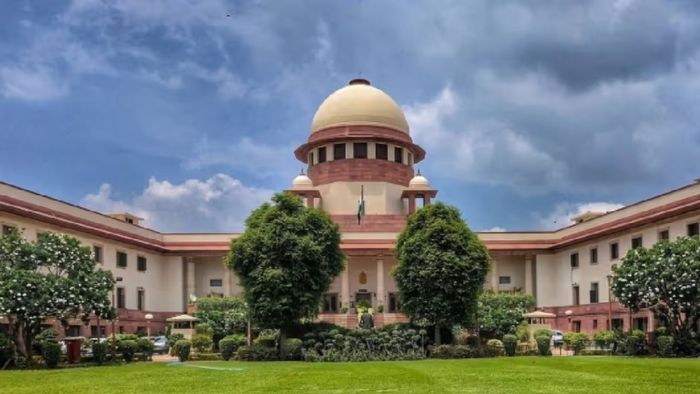Supreme Court halts NCPCR's push to relocate madrassa students
Supreme Court stays NCPCR directive to move madrassa students to regular schools, citing minority rights concerns. The court demands a detailed explanation from NCPCR.

- Oct 21, 2024,
- Updated Oct 21, 2024, 2:09 PM IST
The Supreme Court has issued an interim order staying recommendations by the National Commission for Protection of Child Rights (NCPCR) that sought to shift students from unrecognised madrassas to government schools. This move comes amid concerns over alleged violations of the Right to Education Act.
Chief Justice DY Chandrachud, along with Justices JB Pardiwala and Manoj Misra, restrained both the central and state governments from acting on NCPCR's communications. The court's decision was in response to a petition filed by Jamiat Ulema-I-Hind, an Islamic clerics' body.
Indira Jaising, representing the Muslim organisation, argued that the NCPCR's directive lacked legal authority and would infringe upon fundamental rights guaranteed by the Constitution. The NCPCR had previously raised concerns about madrassa operations and called for a halt to state funding unless these institutions complied with the RTE Act of 2009.
In June 2024, the NCPCR instructed Uttar Pradesh to withdraw recognition from non-compliant madrassas. It later recommended nationwide inspections of madrassas with UDISE codes. Following these recommendations, Uttar Pradesh ordered investigations into government-aided madrassas admitting non-Muslim children, while Tripura issued similar directives.